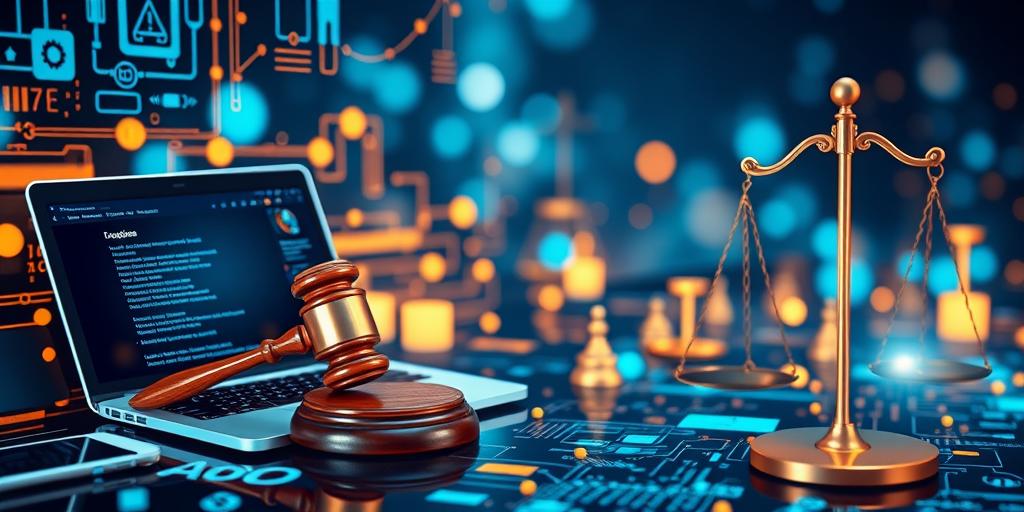The Digital Transformation of Democracy
The internet and digital technologies have revolutionized nearly every aspect of modern life, and democracy is no exception. From online campaigning to e-voting, the digital age presents both unprecedented opportunities and significant challenges for democratic systems worldwide. This post will delve into how technology is reshaping democracy and what the future might hold.
Opportunities for Democratic Renewal
- Increased Citizen Engagement: Social media and online forums enable citizens to engage directly with their elected officials and participate in policy debates. This heightened level of interaction can lead to a more informed and active electorate.
- Enhanced Transparency: Digital tools can improve government transparency by making information more accessible to the public. Open data initiatives and online dashboards can help citizens monitor government activities and hold officials accountable.
- E-Voting: Online voting systems could increase voter turnout by making it easier for citizens to cast their ballots. E-voting has the potential to enfranchise voters who are traditionally excluded from the political process, such as those living in remote areas or with disabilities.
- Grassroots Mobilization: The internet facilitates grassroots movements and allows citizens to organize and mobilize around specific issues. Online platforms can connect like-minded individuals and enable them to advocate for change more effectively.
Challenges and Risks
- Misinformation: The spread of fake news and disinformation online poses a significant threat to democracy. False or misleading information can manipulate public opinion, undermine trust in institutions, and even incite violence.
- Privacy Concerns: The collection and use of personal data by governments and political campaigns raise serious privacy concerns. Surveillance technologies and data analytics can be used to target and manipulate voters, potentially undermining free and fair elections.
- Digital Divide: Unequal access to technology and the internet can create a digital divide, excluding certain segments of the population from participating fully in the democratic process. This divide can exacerbate existing inequalities and further marginalize vulnerable groups.
- Cybersecurity Threats: Cyberattacks on electoral systems can disrupt elections, compromise voter data, and undermine public confidence in the democratic process. Protecting electoral systems from cyber threats requires robust security measures and international cooperation.
The Path Forward
To harness the power of technology for democratic renewal while mitigating the risks, several key steps are necessary:
- Promote Digital Literacy: Investing in digital literacy programs can help citizens critically evaluate online information and identify fake news and disinformation.
- Strengthen Data Protection Laws: Robust data protection laws are needed to protect citizens' privacy and prevent the misuse of personal data by governments and political campaigns.
- Bridge the Digital Divide: Efforts must be made to ensure that all citizens have access to technology and the internet, regardless of their socioeconomic status or geographic location.
- Enhance Cybersecurity: Governments and electoral authorities must invest in cybersecurity measures to protect electoral systems from cyber threats.
Conclusion
The future of democracy in the digital age is uncertain, but it is clear that technology will continue to play a central role in shaping democratic processes. By addressing the challenges and harnessing the opportunities, we can ensure that democracy remains vibrant and resilient in the face of rapid technological change. The key lies in promoting digital literacy, protecting privacy, bridging the digital divide, and enhancing cybersecurity. These steps will pave the way for a more inclusive, transparent, and participatory democracy in the digital age.









